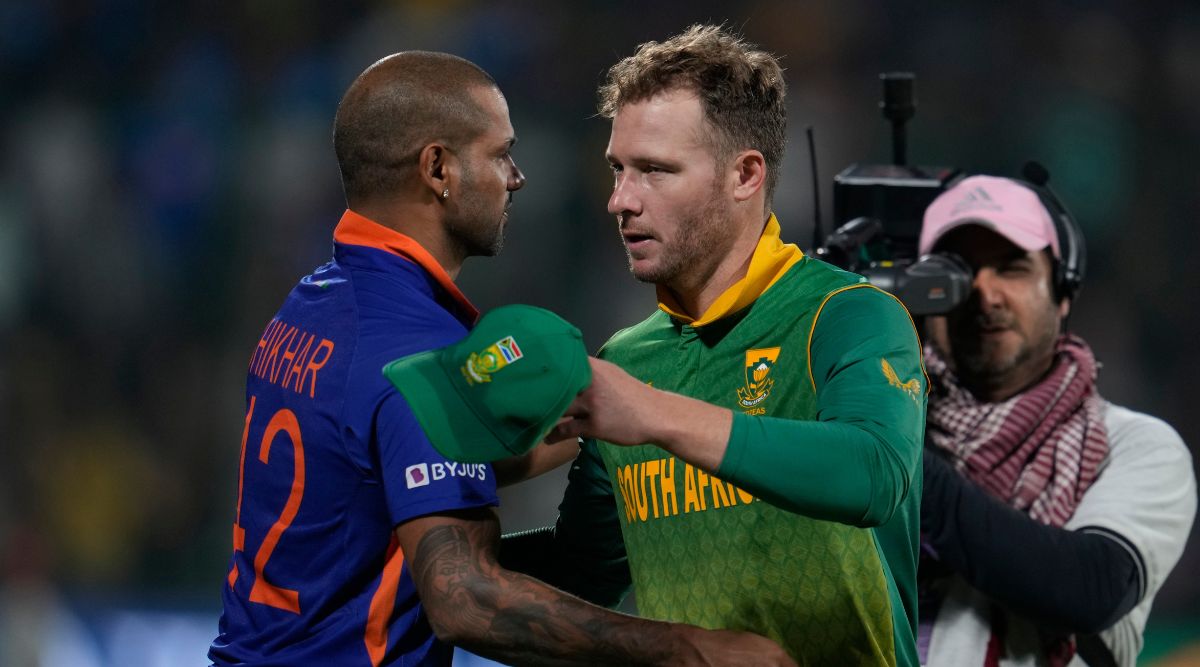When Slumdog Millionaire was released in 2008, it was received with near unanimous praise from the West. Local reception, however, was more muted. Many audience members took offence to the film’s portrayal of India as a land of squalor and poverty. And none other than Amitabh Bachchan found himself at the centre of a widely discussed controversy at the time, when it was reported that he had criticised the film for how it had shown India. The actor strongly denied the accusations, and things snowballed so badly that he even had to apologise to director Danny Boyle over the phone.
Based on a book by Vikas Swarup, Slumdog Millionaire was the runaway success of 2008. It was released to positive reviews, and quickly became an Oscar frontrunner, eventually winning the coveted Best Picture Academy Award. It also made Dev Patel, Freida Pinto, AR Rahman and Anil Kapoor valuable commodities in Hollywood, and ended up making $378 million worldwide. For context, that’s more than Rs 3000 crore, or over five times the gross of Brahmastra.
In a now-deleted blog post in the aftermath of the film’s successful run at the Golden Globes and the BAFTAs, Amitabh Bachchan had written, “If SM projects India as Third World dirty under belly developing nation and causes pain and disgust among nationalists and patriots, let it be known that a murky under belly exists and thrives even in the most developed nations. Its just that the SM idea authored by an Indian and conceived and cinematically put together by a Westerner, gets creative Globe recognition. The other would perhaps not.”
Not only was his blog post covered by the Indian press, but it also made headlines abroad, particularly in the UK. Bachchan’s global popularity remains significant, and Boyle himself had acknowledged that Slumdog Millionaire owes a creative debt to some of Bachchan’s most memorable films, particularly Deewar, which Boyle described as being ‘absolutely key to Indian cinema’. “The writer Simon Beaufoy studied Salim-Javed’s kind of cinema minutely,” Slumdog’s co-director, Loveleen Tandan told IANS back in 2009.
There were also the more obvious connections between the story of Slumdog Millionaire and Amitabh Bachchan. The film tells the rags-to-riches tale of a Mumbai ‘slumdog’ who participates in the local version of Who Wants to be a Millionaire? and ends up winning the jackpot. The show is famously hosted by Bachchan in real life, but in the film, Anil Kapoor played the conniving game show host. Slumdog’s protagonist is also a die-hard fan of Bachchan, who makes an appearance in the film (in spirit) in an early scene.
In a follow-up blog post, Bachchan called the controversy ‘a colossal joke’. He wrote, “Without reading the text of my blog or the purpose behind mention of ‘SlumDog’ an entire machinery of abuse has been directed towards me. Fact is – some one mentioned the film on my blog. Some expressed opinion for it, some against. And yes, they contained some strong assumptions. I merely put both of them up and invited debate. And now, after having castigated me for something not attributable to me, [the media] has made my real opinion on the film after seeing it, impossible. If I do not like it, there will be greater abuse. If I like it, there will be abuse.”
He also singled out two articles in particular, both published by the Guardian, and wrote, “I would like to draw your attention to a most extraordinary level of misreporting in these articles, of so staggeringly brazen a nature, I would rather think it the fault of a riotous sense of humour than mere maliciousness.”
When the matter refused to die down, Bachchan wrote in another blog post that he spoke to Anil Kapoor, and took “the opportunity to clear the air on the media twisted comments, wrongly attributed to me, via the blog.” He said that Kapoor arranged for a phone call between Bachchan and Boyle, and that the filmmaker “was gracious and complimentary to me and my work.”
He added, “I explain the entire misinterpretation to him and he has a good laugh over it. I extend to him my apologies if this uncalled for misdemeanour has caused him and his film any anguish and grief.”
Boyle, he wrote, “understands and acknowledges my calling him.” Bachchan recently turned 80, and a celebration of his films, including Deewaar, was successfully conducted across several cities across the country.





